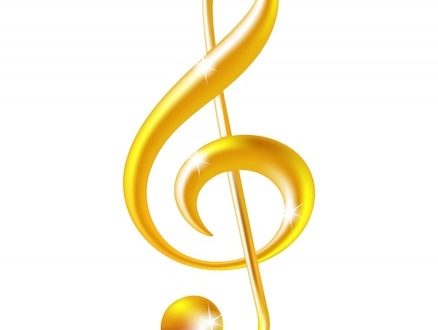
Musicality |
A complex of natural inclinations that provide the possibility of educating muses in a person. taste, the ability to fully perceive music, the preparation of a professional musician from it. According to modern music psychology, the inclinations of M. are inherent in every person, although sometimes they remain unidentified or undeveloped. The most important of these is music. ear (see. Musical ear). At the same time, the presence of absolute hearing or subtle relative hearing turns out to be less important than the ability to feel the mode-functional relations of sounds. The sense of rhythm is very important. A valuable deposit is the music. memory. Particularly distinguished composer inclinations: music. fantasy, the ability to imagine sounds and their research, “think in sounds”. The success of the education of a professional musician is determined not only by M., but also by other data. So, for a singer, the presence of a voice beautiful in timbre and the ability to control it is of decisive importance. For a performing musician, the structure, mobility and controllability of the hand, fingers are also important, for a wind player, in addition, the state of the respiratory apparatus. Main music abilities are inherited, in connection with this, the history of music knows entire dynasties of musicians (the Bach family). To identify music abilities developed diff. tests.
References: Billroth Th., Wer ist musikalisch?, hrsg. von E. Hanslick, B., 1895, 1912; Seashore, C. E., The psychology of musical talent, Boston, (1919); Kries J. von, Wer ist musikalisch?, V., 1926; Wing H., Tests of musical ability and appreciation, Camb., 1948 (“British Journal of Psychology”, Monograph, suppl. 27); Révész G., Die Vererbung der musikalischen Anlage, “Universitas”, 1950, (v.) 5; Kauser L., Prüfung der Musikbegabung, “Musik in Unterricht” (Allgemeine Ausgabe), 1962, Bd 53. See also lit. under the articles Musical Psychology, Musical Education.



